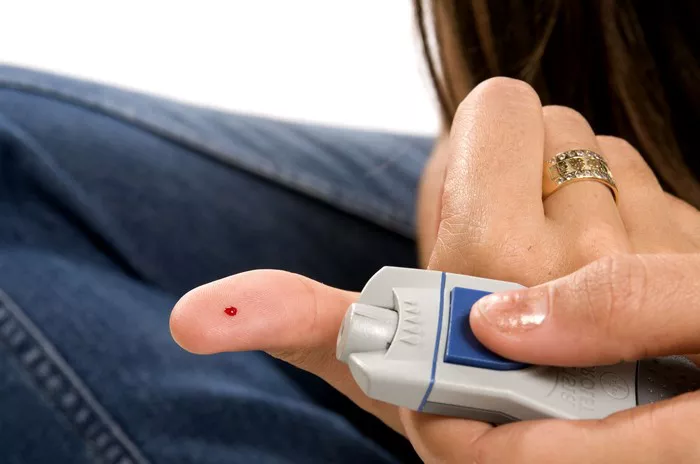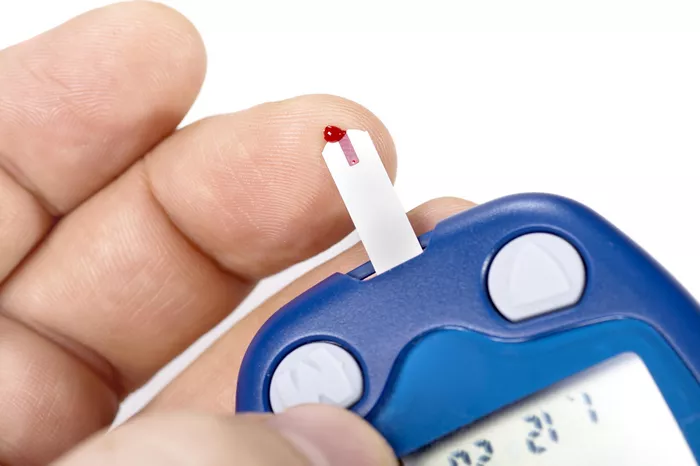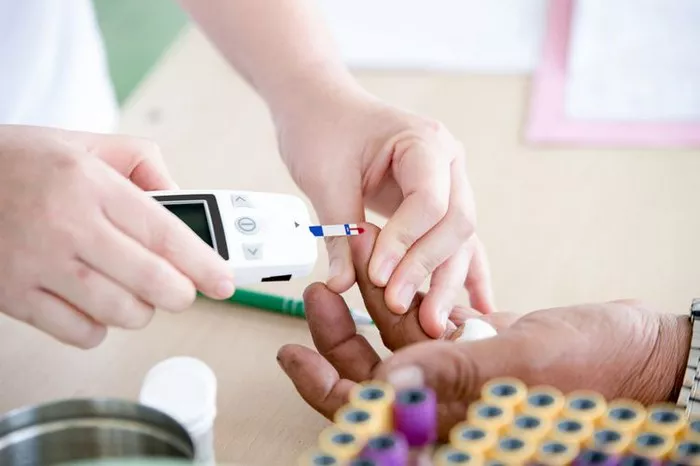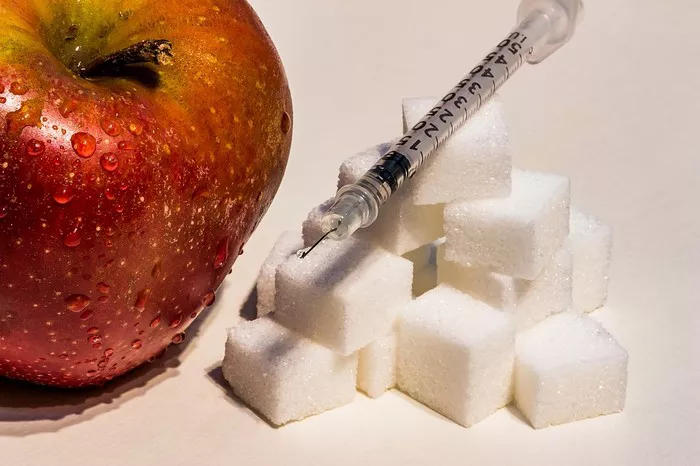Diabetes mellitus, a complex metabolic disorder characterized by elevated blood sugar levels, affects millions of individuals worldwide, posing significant challenges to healthcare systems and individuals alike. While various forms of diabetes exist, the two primary types—type 1 and type 2 diabetes—account for the majority of cases and have distinct etiologies, pathophysiological mechanisms, and clinical presentations. In this comprehensive article, we delve into the intricacies of the two main types of diabetes mellitus, exploring their unique features, risk factors, and implications for diagnosis, management, and prevention.
1. Type 1 Diabetes: Unveiling the Autoimmune Mystery
Type 1 diabetes, formerly known as insulin-dependent or juvenile-onset diabetes, is an autoimmune disease characterized by the destruction of pancreatic beta cells, leading to absolute insulin deficiency and dependence on exogenous insulin therapy for survival. Despite its relatively low prevalence compared to type 2 diabetes, type 1 diabetes often presents in childhood or adolescence and requires lifelong management.
- Etiology: The exact cause of type 1 diabetes remains elusive, but it is believed to involve a combination of genetic predisposition, environmental triggers, and immunological factors. Genetic susceptibility, particularly variants in the human leukocyte antigen (HLA) region, plays a significant role in predisposing individuals to type 1 diabetes. Environmental triggers such as viral infections, dietary factors, and gut microbiota dysbiosis may initiate or accelerate the autoimmune destruction of pancreatic beta cells.
- Pathophysiology: In type 1 diabetes, autoreactive T cells infiltrate the pancreatic islets (islets of Langerhans) and target beta cells, leading to their destruction through a process of autoimmune-mediated cytotoxicity. As beta cell mass declines, insulin secretion becomes insufficient to maintain normal blood sugar levels, resulting in hyperglycemia and clinical symptoms of diabetes.
- Clinical Presentation: Type 1 diabetes typically presents with acute onset of symptoms, including polyuria (excessive urination), polydipsia (excessive thirst), polyphagia (excessive hunger), weight loss, fatigue, and ketosis. Individuals with type 1 diabetes require lifelong insulin therapy to maintain blood sugar levels within target ranges and prevent acute complications such as diabetic ketoacidosis (DKA).
2. Type 2 Diabetes: Confronting Insulin Resistance and Beta Cell Dysfunction
Type 2 diabetes, the most common form of diabetes, is characterized by insulin resistance, impaired insulin secretion, and progressive beta cell dysfunction. Unlike type 1 diabetes, type 2 diabetes often develops in adulthood and is closely linked to modifiable risk factors such as obesity, sedentary lifestyle, and unhealthy dietary habits.
- Etiology: Type 2 diabetes arises from a combination of genetic susceptibility and environmental factors such as obesity, physical inactivity, and unhealthy diet. Genetic variants affecting insulin signaling, beta cell function, and glucose metabolism interact with lifestyle factors to increase the risk of insulin resistance and dysglycemia. Family history of type 2 diabetes, ethnicity, and age are also important determinants of diabetes risk.
- Pathophysiology: Insulin resistance, the hallmark of type 2 diabetes, occurs when target tissues such as muscle, liver, and adipose tissue fail to respond adequately to insulin signaling, resulting in impaired glucose uptake and utilization. Beta cell dysfunction, characterized by decreased insulin secretion and impaired compensatory response to hyperglycemia, contributes to the progression of type 2 diabetes over time.
- Clinical Presentation: Type 2 diabetes may present with subtle or asymptomatic hyperglycemia, particularly in the early stages of the disease. Common symptoms include polyuria, polydipsia, fatigue, blurred vision, slow wound healing, and recurrent infections. Individuals with type 2 diabetes may require lifestyle modifications, oral medications, injectable therapies, and insulin therapy to achieve glycemic control and prevent complications.
Conclusion: Embracing the Dichotomy of Diabetes Mellitus
In conclusion, diabetes mellitus comprises two main types—type 1 diabetes and type 2 diabetes—each with unique etiologies, pathophysiological mechanisms, and clinical presentations. While type 1 diabetes is characterized by autoimmune destruction of pancreatic beta cells and absolute insulin deficiency, type 2 diabetes is characterized by insulin resistance, impaired insulin secretion, and progressive beta cell dysfunction.
Early detection, accurate diagnosis, and personalized management are essential for optimizing outcomes and preventing complications in individuals affected by diabetes mellitus. Multidisciplinary approaches to diabetes care, including lifestyle modifications, pharmacotherapy, insulin therapy, and patient education, are integral components of comprehensive diabetes management strategies.
By enhancing awareness, education, and research efforts across the spectrum of diabetes mellitus, healthcare providers, policymakers, and communities can work together to improve prevention, diagnosis, and management of this prevalent and potentially debilitating chronic disease, empowering individuals to lead healthier, more fulfilling lives.



























